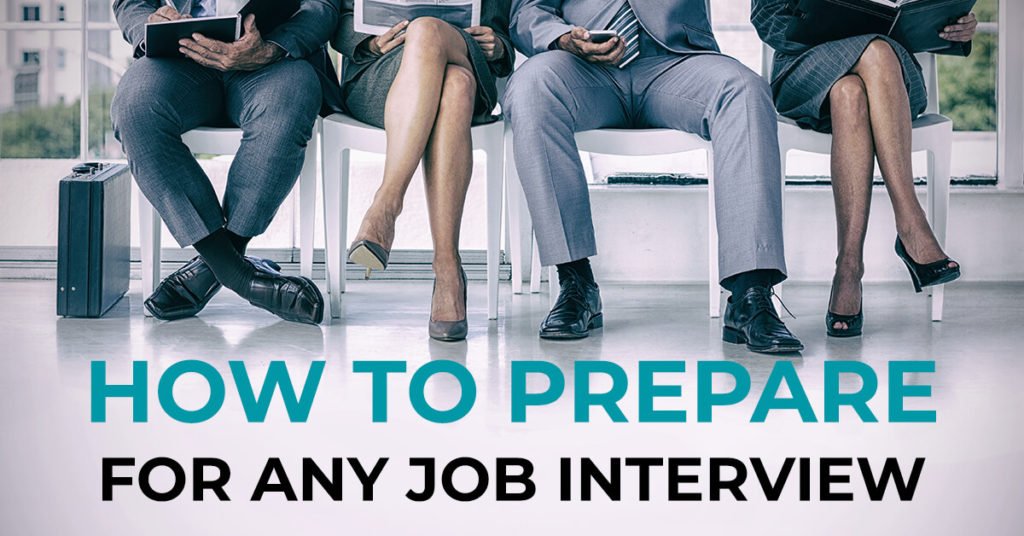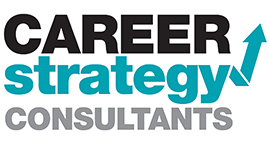How to Prepare for Any Job Interview


What’s the best way to prepare for a job interview?
The answer to this frequently asked question is: With as much time, energy, and preparation that you can muster. It’s up to you to figure out the things that will set you apart from the other candidates. Think about what your interviewer will be interested in: do they want a list of your accomplishments or do they want an inside look at what makes you tick?
More importantly, don’t neglect details such as prepping with mock interviews, asking friends for feedback on how they thought you performed and practicing good interviewing techniques. You have one chance at making a great impression – make it count!
The following is a list of the most common questions or interview questions that employers sometimes ask during an interview and how to respond to them. Use these as a guide, but be prepared to incorporate your own ideas and research to answer these questions with confidence.
What are your strengths?
This is a very common question that interviewers ask because they want you to highlight the skills that you can offer their company. Some candidates are tempted to answer this question by listing things like their hard work, good attitude, etc., but the interviewer is looking for specific strengths (skills) – not generalizations. Be sure to mention at least three of your strengths (skills) and give an example or two that demonstrates each strength. Examples of a strength can be: “I’m a hard worker who never gives up until the job is done,” or “I’m very detail-oriented and can catch small mistakes before they turn into big problems. I like to pay close attention to all the little things.”

What are your weaknesses?
This is one of those interview questions that no one enjoys answering, but interviewers will ask it anyway. Don’t make the mistake of trying to sell yourself by saying things like “I’m a hard worker,” “I have great interpersonal skills,” etc. Not only does that come across as false, but it also gives the interviewer a chance to probe you for weaknesses. Instead of giving the typical answers to this question (work ethic, hard work, good attitude), try using examples and pinpointing where in the past your weaknesses were an issue and how you overcame these weaknesses to improve the overall situation.
Tell me about a time when you were faced with a problem and you had to resolve it.
This is one of the most common interview questions. Employers want to know how you handle yourself when things don’t go as planned. Try to pick an example that happened in the workplace and describe the situation (who, what, where, etc.). Give enough details for the interviewer to understand what happened and how you handled it. Be sure to mention what steps or actions you took and how they resolved the issue.
Why should I hire you?
The best way to answer this question is by being prepared with some specific examples about why your qualifications would be an asset for the company. Try to give an answer that is specific to the company rather than a general one about why you’re worthy of employment.
How did you hear about this position?
The interviewer will be interested in whether you learned about this job from a friend or family member or if you happened across it while doing an online search. If someone referred you, it’s okay to mention who that person is, but don’t get too comfortable talking about personal matters during the interview. If you need to, get permission to give their name and role after the interview is over.
How do you handle criticism?
This question always comes up because it’s something that all of us are too insecure about to admit to. The best way to answer this question is by saying that at times we have all made mistakes in our lives and that this job could be one of those moments when you are criticized. To come across as humble and confident, state how you have handled criticism in the past (positively), how you deal with a negative situation now (alone or with assistance) and how it will affect your performance at work.

What type of work do you prefer?
In most cases, the interviewer will ask this question to see if you know what type of position they are hiring for. It can be tricky to answer this question because it’s not easy to guess or know beforehand. Try not to stick with one job description because you might end up frustrating the interviewer with vague answers. Your best bet is to mention a few key words that describe your ideal job (e.g., “I want a challenging professional position with growth potential”).
What is your biggest failure and how did you handle it?
This question is designed to see how you handle situations that don’t go as planned. Most candidates get stuck on how they can answer this question without appearing negative, but there is no need to sugarcoat anything because the interviewer already knows that every person faces setbacks in their lives. Just be yourself and state that you were not able to achieve a goal due to a setback or failure. Mention why this happened and what steps you took to overcome this problem. The takeaway point for most employers is that you were able to learn from the situation and move on.
Where do you see yourself in five years?
This question can be tricky if you do not have a realistic idea of what your career goals are or how you might want to change direction. If it’s too early to have thought about where you want to be in five years, just state that it’s too early to tell but that your main goal is to continue growing in your field. If you know exactly what your goals are, then make sure that everything you mention is relevant and makes sense for the position with this company. You can say that the main goals are to increase skills or skill-set for the job and/or work toward a promotion if possible.
How do you handle conflict?
This answer can be just as tricky as the last question. Just like the previous question, your goal is not to sound like you are bragging about how you always get along with everyone. This is not a parenting book or a self-help manual; it’s a job interview. If you think that there will be tension between you and your interviewer, then state how you have handled situations in the past (positively) and what steps you would take in the future (alone or with assistance). Mention why this situation may occur and how it will impact your performance at work. Mention that you would like to avoid the situation in the future if possible. Mention that your goal is to be a self-starter and not rely on anyone else to get the job done.
A few suggestions to help you with your answers: 1) Make sure your answers are relevant to the position. 2) State what you have accomplished in the past with any work-related situations. 3) Mention any goals that you have for the future. 4) Make sure that everything you say makes sense and fits the position with this company. 5) Be honest and never try to make yourself look better than everyone else. 6) Practice your answers before an interview so that you do not stumble when asked a difficult question.
Describe a situation where you had to be a leader or take charge.
You do not have to start with a childhood memory in order to show how you have taken charge in the past. You can use a current situation or past positions that made you take the lead. An example could be: “I was on an overseas manufacturing site where the shipping aspect of our company was having problems with their service. I traveled there and became an intermediary between our company and all of the parties involved until it was resolved.” This is better than saying you took charge because people were mad at each other and someone had to step up.

Have you ever gone above and beyond the requirements of your job?
Be sure to point out a time when you went above and beyond what was expected of you. Anything from a situation with a customer to helping with an employee’s project could help convince a hiring manager that you are the perfect person for their position. Let them know why you made such an effort and how it affected the outcome. Did it show in your results? Was there any praise given by another employee or supervisor? Be sure to mention these details in order to give your answer more meaning.
Provide an example of how you overcame a challenge.
This is not a section where you can go on and on about all the negativity you faced at work, but as we’ve mentioned before, there is a TON of valuable information here. For example: “I was promoted to a position in which I had very little experience. My first couple of weeks were spent learning the ins and outs of the job. I began to see that my lack of experience gave me a lot of opportunities to learn, but at the same time I struggled with making decisions. After riding out some very slow deadlines and learning that there would be little support from senior employees if something went wrong, I began to take more risks and try new things. Even though it turned out well in the end, it took me a while to get there.
We hope these sample questions better prepare you for your next interview!

More Than Just Staffing
For Employers
For Individuals
